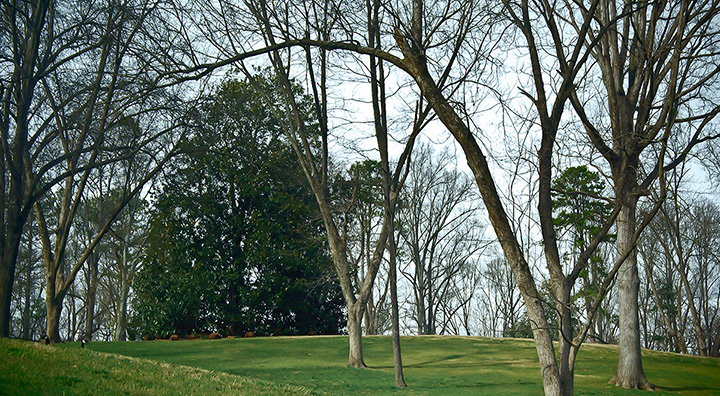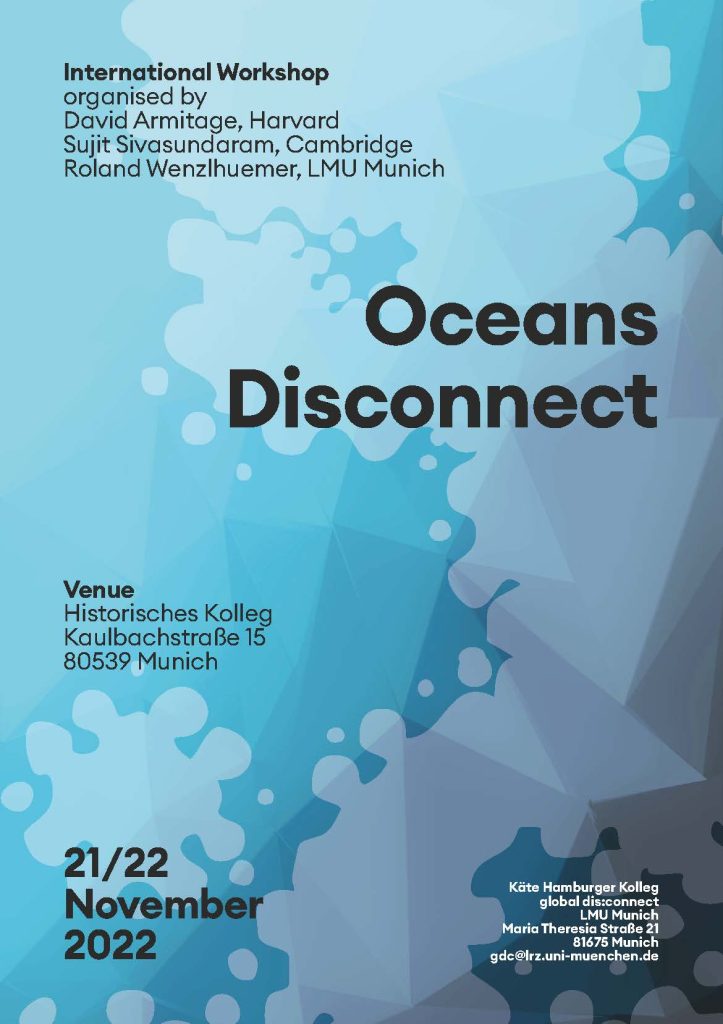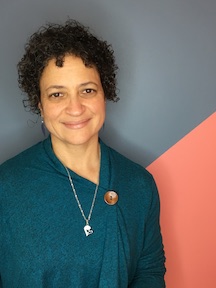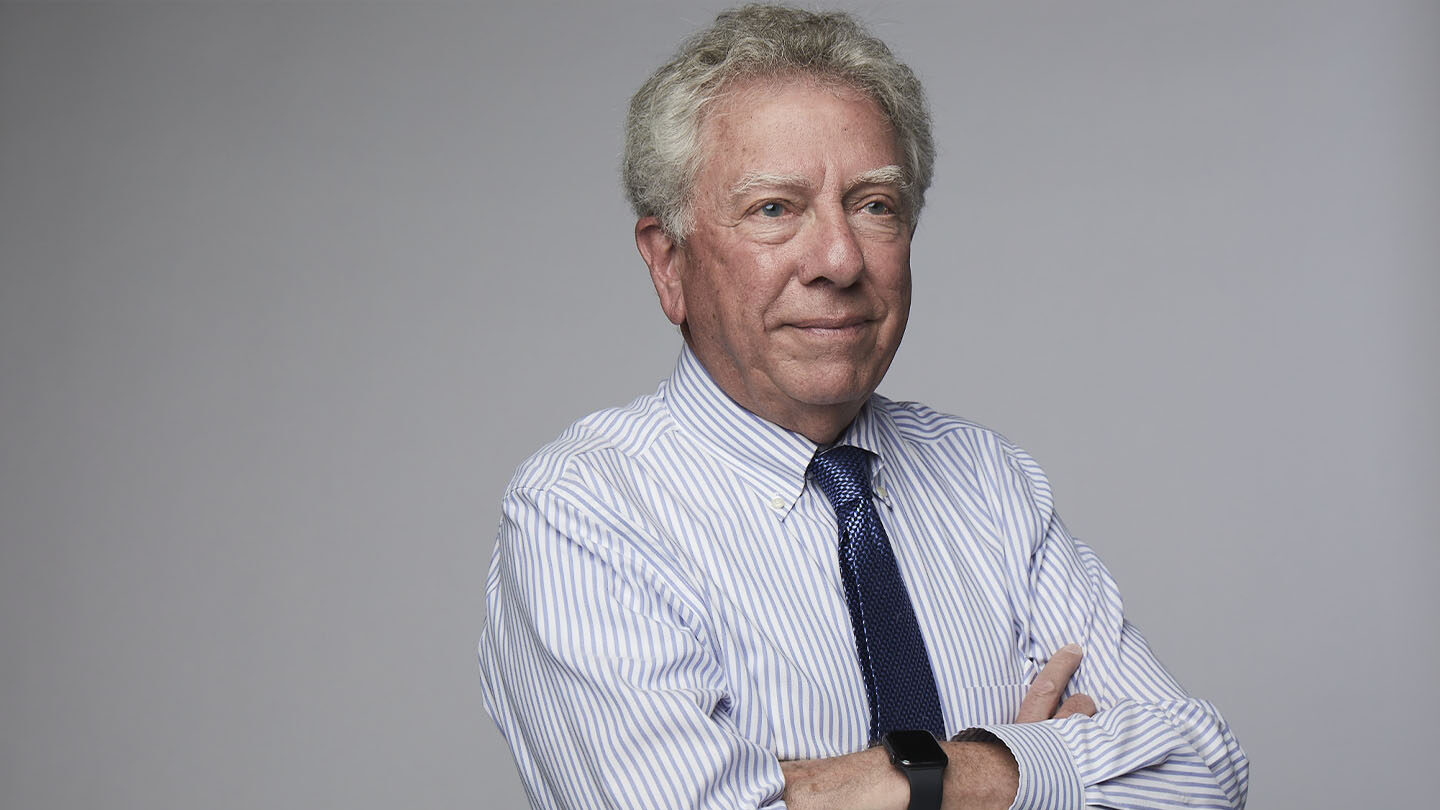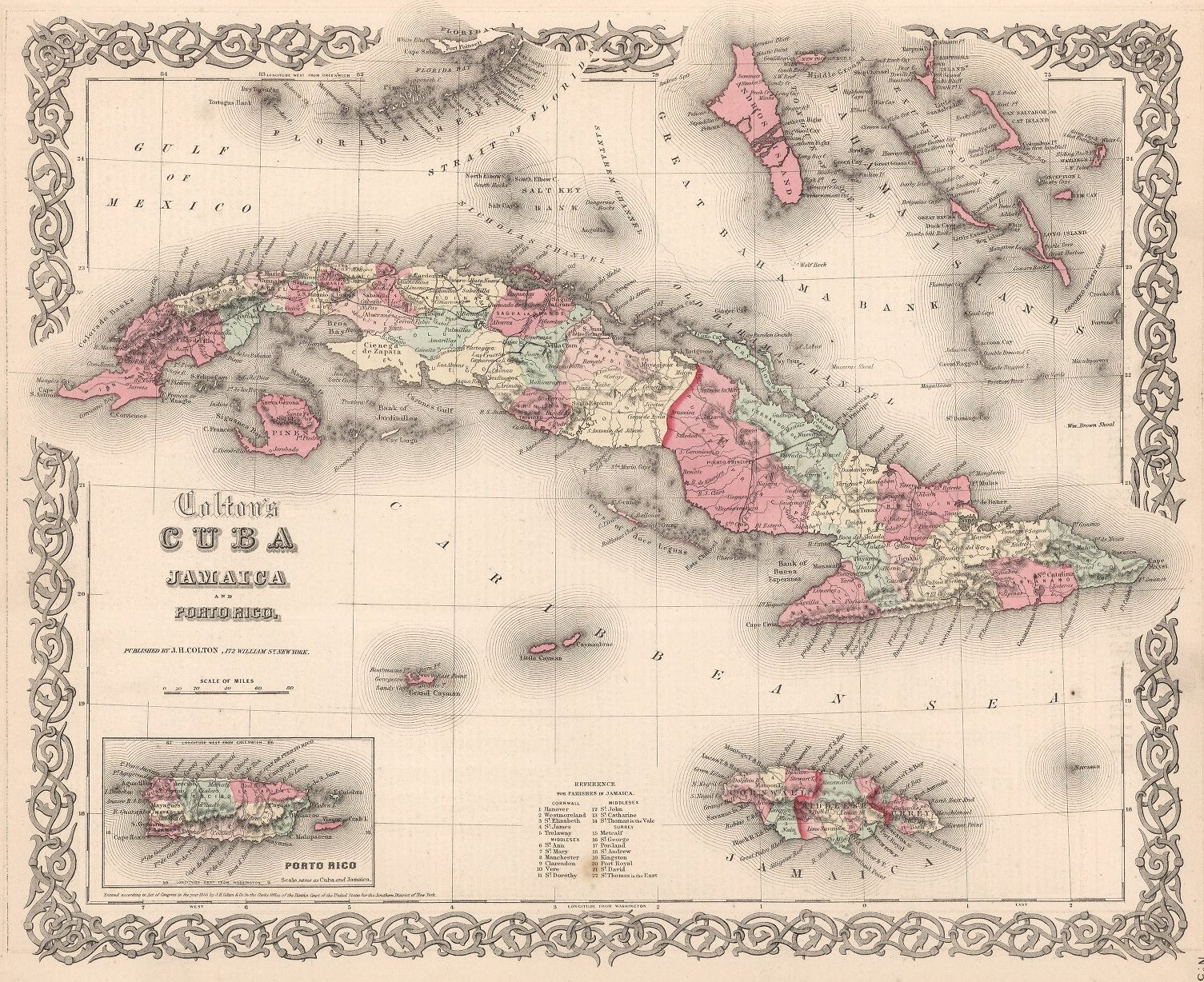
Dr. Adriana Chira, Assistant Professor of Atlantic World History, recently published a piece in Southern Spaces. The piece comes from Chira’s 2022 monograph Patchwork Freedoms: Law, Slavery, and Race beyond Cuba’s Plantations (Cambridge UP), which offers a new history of Black rural geography and popular legalism in nineteenth-century Cuba. Find out more about Patchwork Freedoms on Cambridge UP’s site and read the full Southern Spaces article: “Patchwork Freedoms: Law, Slavery, and Race beyond Cuba’s Plantations.”
